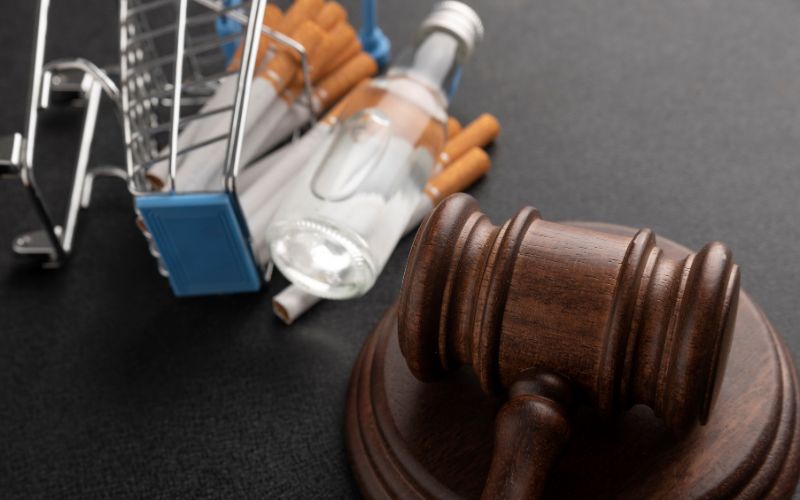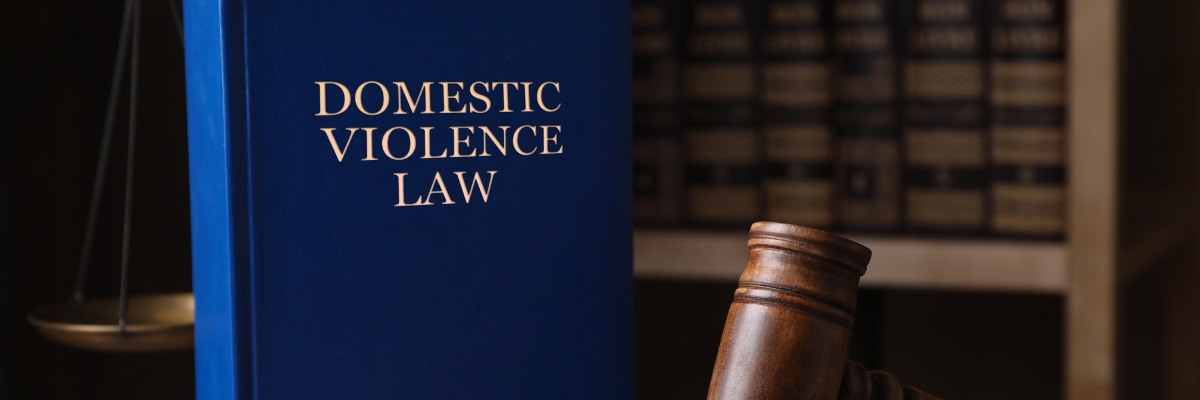 Mischief is a criminal offence under section 430 of the Criminal Code of Canada. Mischief is a very broad charge that can include all sorts of conduct. There are also a number of different ways property can be affected under mischief charges. Criminal charges of mischief often involve the destruction of property. Mischief can also include actions that render property inoperative or ineffective, or actions that interfere with the lawful use or enjoyment of the property.
Mischief is a criminal offence under section 430 of the Criminal Code of Canada. Mischief is a very broad charge that can include all sorts of conduct. There are also a number of different ways property can be affected under mischief charges. Criminal charges of mischief often involve the destruction of property. Mischief can also include actions that render property inoperative or ineffective, or actions that interfere with the lawful use or enjoyment of the property.
However, what happens when the property you damage is your own property, or property you share with someone else?
Can I Be Charged If It Was My Personal Property
You can still be charged with mischief even in circumstances where you damage property that belongs solely to you. Under section 429 of the Criminal Code, a person can be convicted of mischief if he or she destroys personal property with the intent to defraud. Similar to cases involving arson, charges under this section often involve a person trying to collect on an insurance policy or product warranty.
Property That Is Jointly Owned
You can also be charged with mischief for damaging or destroying property that is jointly owned, such as matrimonial property. In circumstances where the property is jointly owned, or where another person has some sort of interested in the property that was damaged, the Crown Attorney does not need to prove that there was an intention to defraud. Merely damaging or destroying the property in this case could result in you being charged with mischief.
When Is Property Damaged, Inoperative, or Interfered With?
The damage done to property must be more than trivial insignificant. Similarly, any interference with property must be more than a minor inconvenience. However, it is not necessary that the Crown Attorney prove that any damage, interference, usefulness or enjoyment of any property was permanent. The Crown Attorney only needs to prove that the damage, interference, usefulness or enjoyment of any property was temporary in duration.
What Happens If It Was An Accident?
To be convicted of mischief you must have wilfully; (1) destroyed or damaged property, (2) rendered property dangerous, inoperative or ineffective, (3) obstructed interrupted or interfered with the use, enjoyment or operation of property, or (4) obstructed interrupted or interfered with any person attempting to use, enjoy or operate the property.
The important term here is wilfully. Wilfully requires that you knew that your actions would cause the damage, destruction, etc. of the property, or that you were reckless to whether the property was damaged, destroyed, rendered useless, etc. If you did not intend to damage or destroy the property, you have a defence to the mischief charges against you.
Defending Mischief Charges
One defence available for mischief charges involves having a legal justification, excuse, or colour of right. The colour of right defence requires that you demonstrate that, at the time of the offence, you had an honest belief that you held a possessory right to the property in question. For example, if you honestly believed that the property in question belongs solely to yourself, then you may have a defence to a mischief charge. Similarly, a legal justification or excuse requires that at the time of the offence, you honestly believed that you were justified or had a legal excuse to cause the damage or destruction to the property. For example, if in defending yourself or assisting another person in danger, you cause property to be damaged or destroyed, you may be not guilty of committing mischief. In both circumstances the belief you held must be objectively reasonable.
Although it is not a defence, taking action to reimburse the victim for the property damage can be a mitigating factor that may help you receive a more favourable result. In some circumstances, with the assistance of counsel, charges can be withdrawn if restitution is made to the victim. However, it is always better to consult with a lawyer prior to making any restitution, as it may be that you have an absolute defence to a mischief charge.
How A Conviction for Mischief Can Affect You In The Future
A criminal conviction, even one for mischief, can have a significant impact on your life. A conviction for mischief, like any other criminal offence, can result in;
- Loss of employment.
- Difficulty finding future employment.
- Paying fines, probation, and in some circumstances even a jail sentence.
- Problems obtaining citizenship or permanent status.
- Problems entering another country.
With the potential implications a criminal conviction can have, it is important that you have a lawyer who is committing to defending you. A criminal defence lawyer is in the best position to resolve your case quickly while getting you the best possible result.
Contact
Need immediate legal advice? Contact me today if you have been charged with mischief. I will arrange to meet with you for a free consultation and advise you what your options are.
Also see FAQs on Mischief or for more serious property related criminal offences, read about arson.













